
|
|

|
|
Visiting London without knowing anything about Celts, Druids, Romans or Vikings doesn't make much sense.
London was founded about year 43, when armies of the Roman Empire started to
conquer the isle.
The Romans built a
seaport on the Thames near present-day London Bridge.
They probably chose this site because the riverbanks east of this point were too
marshy for settlement.
The Romans called the port Londonium.
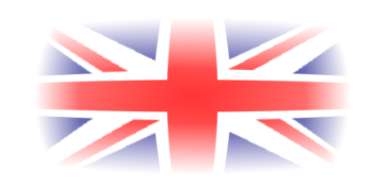
Remember how people from the mainland of present-day Europe invaded the Isles.
First came the Romans and they
didn't leave too many stones un-touched.
Then came the Angles (Low-German tribe who settled in Northumbria, Mercia and
East Anglia),
Saxons (Old Saxons, Germanic people who conquered the Isles in and around year
500),
Jutes (from Jutland, Low-German tribe who invaded the Isles around 500) and
Frisians (from Friesland, south of Denmark).
These people really managed to wipe out most of the native Celts.
Now you know they came to stay, and so they did.
This is, in so many words, some of the explanation
and history behind the culture 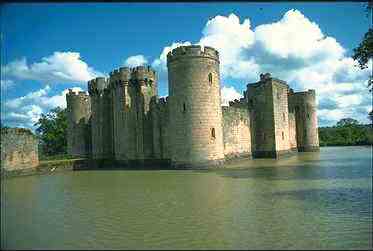
transforming into a culture later to be referred to as Anglo-Saxon.
Today we consider
Anglo-Saxon culture evident in the United Kingdom & Great Britain,
the United States of America, Canada, Ireland, Australia and New Zeeland.
We tend to put it together with a context where the English language is the
dominant or official national language.
However, culture and tradition, politics and democracy, as well as religious
freedom,
all have played their parts in the development of these "new countries" and a
great majority of the soldiers, fugitives,
seamen, pioneers, traders and settlers were simply bringing their baggage in
forms of values, attitudes,
inventiveness, ambition as well as their various creative powers and
achievements, in both social and financial matters, wherever they went.
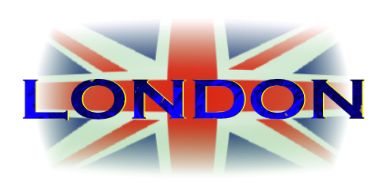
Good Time Visitors
London 1996
Varför har man två olika "house" (Houses
of Parliament), House of Lords and House of Commons?
The House of Lords utgörs av
around 800 members from a variety of professions med olia
bakgrund
... och så bör
uppmärksammas hur det står till i olika brittiska domstolar och rättegångar,
och viktigt att jämföras är
skillnaden mellan
SOLICITOR och BARRISTER, samt
skillnaden mellan Lower Court & Higher Court etc.
Also,
compare with US
LAWYER
etc!
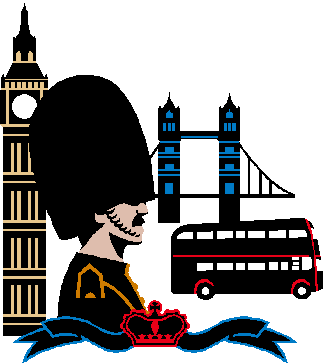
It's not just about what
wigs and gowns you get
to wear.
Find out the real
difference between
barristers and solicitors...

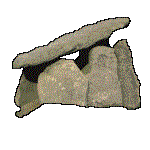
The great ales of Britain
We would neither gain nor improve a darn thing if we were to forget the
importance of, and developments in, countries such as England and France
during the 1700s. No doubt there's been a tremendous turmoil throughout Europe
both in the 1800s and 1900s. However, when it comes to matters in our societies
such as our parliamentary systems, democracy, freedom of speech and religion,
not much has happened over the last couple of hundred years. From a purely
philosophical viewpoint the so-called Anglo-Saxon countries have all
transformed and developed in similar ways, and they all have their roots in the
old Western European culture if there ever was but one, once perhaps even looked
upon as a feature of London and England.

Political and military powers, together with financial powers originating in London, have most certainly come to both influence and dominate the developments seen over the years in Australia, US and Canada. Power, politics, influence and business principles originating in London have all strongly helped to form as well as establish basic procedures in these countries just as they have strongly steered or regulated smaller and weaker countries such as Ireland, New Zeeland and Scotland, depending solely of course upon the historical timeline or time-frame applied by the observer or scholar in question.
![]()
Then came the Vikings, first from the Scandinavian countries and later also from "their colony Normandie" in present-day France.

What originally were typical Scandinavian (Norse) words, spellings and sounds, today is looked upon as typically English. Look at words such as 'window', the definite article 'the', 'thief', 'three' and lots & lots more. Basically many words starting with 'th' and words starting with 'w' came with the Vikings.
So some of the words and sounds causing pronunciation problems today for people from the Nordic countries are still to be found in their own countries with the difference of course that pronunciation and spelling have changed through the years. Languages develop, change and transform. Cultural changes are always reflected in the language being used.
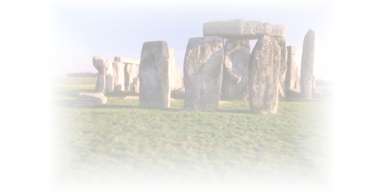
Just look at Scandinavian words once starting with [ þ ] or [ ð ], spelled 'th'
in English since way back, developed, changed and transformed throughout the
Scandinavian
countries into either 'd' or 't' and several similar changes took place over the
years. Things do or do not change differently in one environment compared to
another. Development sometimes is based upon the simple fact of being more or
less isolated, and here of course the time of changes referred to might
primarily be between the years 700 & 1500.
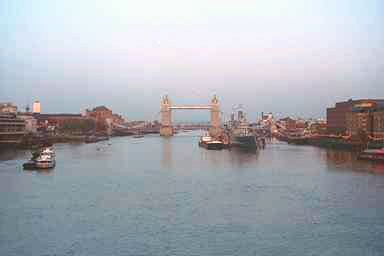
Today quite a few of us know that there was an early
Viking
who went with some of his men to the East Coast of
present-day
North America.
England wasn't even invented at that point in time.
Some Anglo-Saxon language historians refer to the English language as a language not until around the year 1300.
And then again, come to
think of it, the native
Australians have been on their own soil
for thousands of years. That's really something else.
Active London Map
The London Guide
Looking for
a good hotel in London?
... central
London?
LONDON, a two-day visit meaning "ett tvådagarsbesök"
...but nobody in his (her) right mind goes to London for a 2-day visit!
Hotel - See Bayswater area, NW & N Kensington Gardens, Hyde Park & Bayswater Rd.
Underground -Subway Station - tunnelbanestation: Queensway
(Bayswater, NW Hyde Park & Kensington Gardens)

One Day
-Suggestions for a newcomer to London, 1st day
8.30
(am) Samling
entrén
Meet in the hotel lobby
Gå till T-stationen
Walk to the Underground/Tube Station/ Queensway
Åk till/ Go to Bond
Street, Central Line, 3:e anhalten/ 3rd stop
Change to/Byte till Jubilee Line North
9.30 Stig av vid/Get off
at
Baker Street!
Madame Tussaud's is about 100 meters East on - österut på - Marylebone Rd
Bästa
lunchen äter du på
en pub,
och mellan Bayswater och Piccadilly Circus finns hur
många pubar
som helst.
Gå bara runt i det
närmaste kvarteret där du
befinner dig!
12.30 Meet at corner of/Samling i hörnet/
Marylebone Rd & Baker St,
för gemensam avfärd till/Group departure
to/ Marble Arch.
Take/Go by/Get on/ Jubilee Line South till/to
Bond St and then walk to /plus promenad till/ M.A. (Marble Arch) at the NE
corner of Hyde Park.
13.30 Sightseeing Tour: See London by bus (13:30-15.00/ 1:30-3:00 pm)
15.00 Underground (The Tube) from Marble Arch, Central Line East
to Oxford Circus, 2nd stop - 2:a anhalten, walk down Regent Street,
or take Bakerloo Line, south to Piccadilly Circus (1st stop)
16.00 Guiness World of Records, The Trocadero, E of Piccadilly Circus
Walk east to Leicester Square, then north to Tottenham Court Road.
From here you can either go by Underground (the Tube), Central Line, west to Queensway, or simply stroll (take a walk)...
![]()
Another Day
-Suggestions for a newcomer to London, 2nd day
|
08:00 / 8 (am) |
|
in Bayswater,
take the Tube, Circle Line south, |
|
09:00 |
Samling utanför för gmg. Gather outside for briefing. |
Science Museum |
|
11:00 |
Samling utanför för avrapportering. |
Science Museum |
|
11:20 |
Tube station Knightsbridge, Piccadilly Line |
Visit Harrod's Department Store |
|
Have lunch |
in the vicinity of Harrod's |
|
|
|
||
|
13:00 |
Underground, Knightsbridge, Piccadilly Line to Piccadilly Circus for a walk. Walk around the vicinity of Piccadilly Circus and then up Regent Street to Hamley's, the great toy shop (store). |
Knightsbridge |
|
|
Alternativ: fortsätt Piccadilly Line till Covent Garden samt promenera till Leicester Square |
|
|
15:00 |
Circle Line or District Line to Tower Hill, The Tower of London |
Tower Hill |
|
16:00 |
Visit to the Imperial War Museum, Lambeth Road (tel 735 8922) |
Tube station is Elephant & Castle (Bakerloo Line, or Northern Line) |
|
18:00 |
Bakerloo Line to Embankment |
Embankment |
|
18:15 - 20:00 |
A walk around Westminster... (until about 8 pm) till appr. 20:00 hrs |
Westminster |
|
20:00 |
Underground Westminster,
|
Notting Hill Gate - (a pub) |
|
22:55 |
|
The Local (the pub) |
|
|
|
- At this point in time, you're familiar with some of the areas in and around the West End, and London is a bit more...
NOTE: See below for current information on Underground, lines served & stations etc.
"-We all need to see and visit at least one pub regularly,
or we don't know anything about London, or England for that matter."
Regent Street pubs and bars in and around Regent Street
|
All
Bar One |
|
Paper
Club |
|
The
Wigmore |
Bayswater area...
Kings Head Pub, Bayswater
33 Moscow Road
|
Bayswater,
London W2 4AH,
England
Phoenix Pub, Bayswater
51 Moscow Road,
London W2 4AL,
England
Whitehall pubs and bars in and around Whitehall
|
The
Clarence |
|
The
Lord Moon Of The Mall (JD Wetherspoon) |
|
The
Old Shades |
|
The
Silver Cross |
|
The
Sir Humphrey Appleby |
|
Walkers
of Whitehall |
Young & Co Brewery
Description: brewery tours, seasonal ales,
beers, lagers, branded merchandise and
pub information.
One Pub Finder
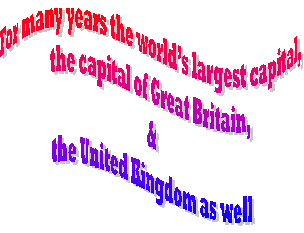
And here
you can visit
Scotland.
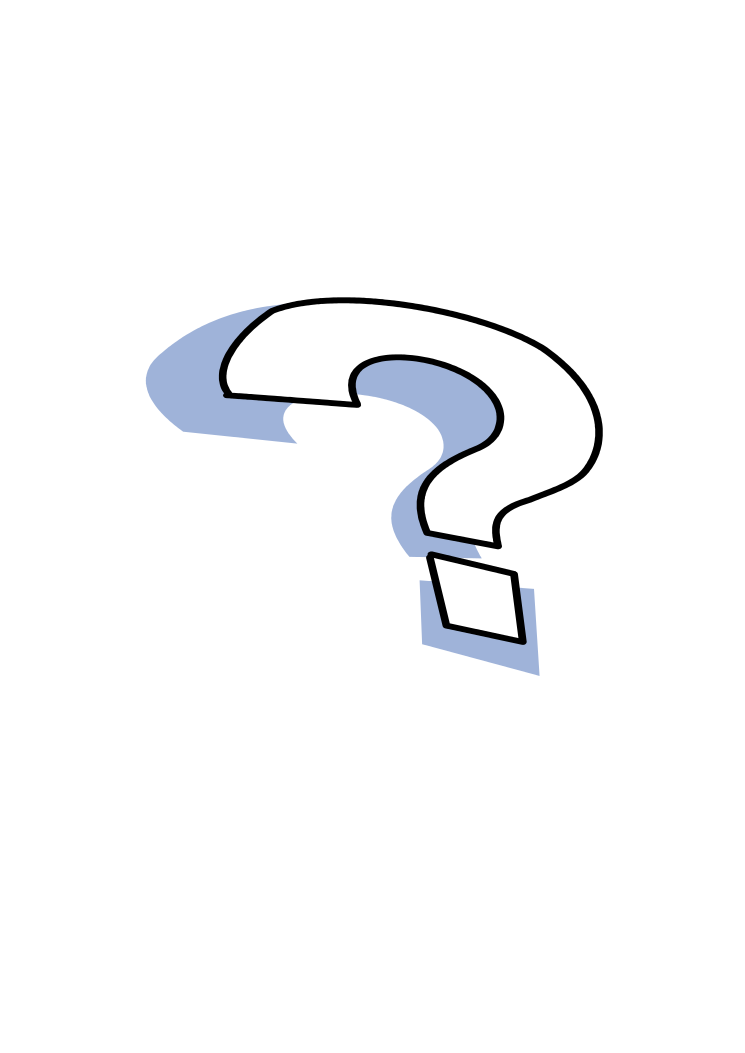 |
 |
|
|
|
 |
|
 |
|
|

© Swengelsk, KB ® webmaster |
|
|
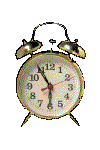 |